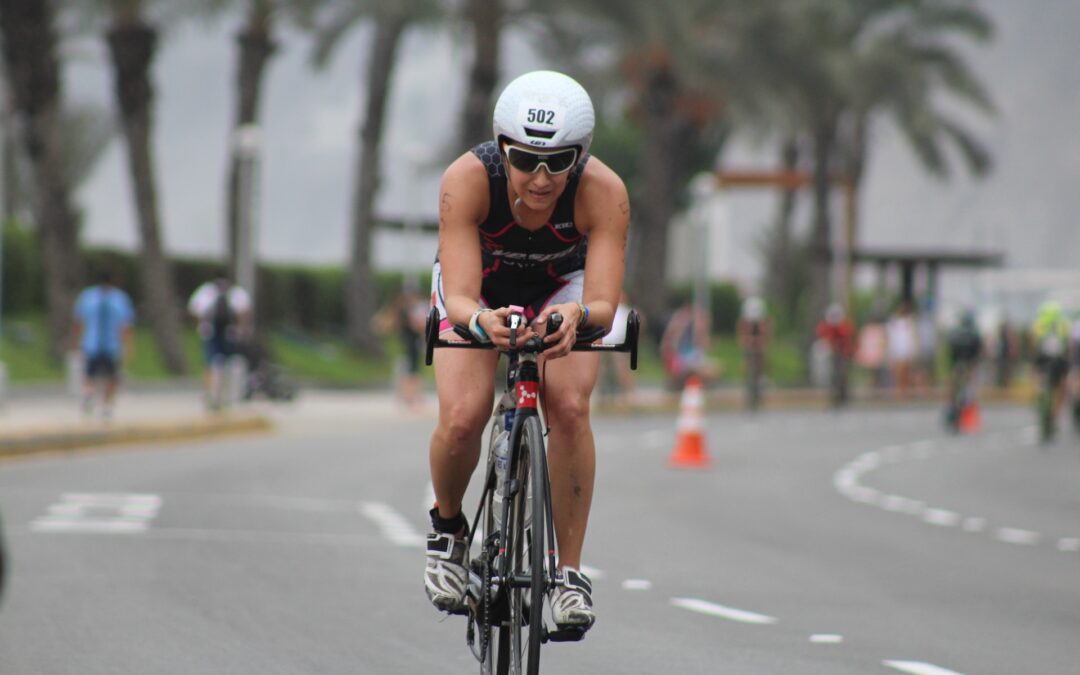Triathlons push your body to its limits, combining swimming, cycling, and running in a single event. While this is an exhilarating challenge, prioritizing recovery is crucial to avoid overtraining and injury.
1. Nutrition is Key
Recovery starts with nutrition. After a race or intense training session, focus on replenishing glycogen stores, repairing muscle tissue, and rehydrating. Consider these nutrition tips:
- Carbohydrates: Consume complex carbohydrates like whole grains, fruits, and vegetables to restore glycogen levels.
- Protein: Include lean protein sources like chicken, fish, or plant-based options to aid muscle repair.
- Hydration: Rehydrate with water or electrolyte-rich beverages to replace lost fluids.
- Recovery Shakes: Post-race recovery shakes can provide essential nutrients conveniently.
2. Active Recovery
Active recovery involves low-intensity exercise like light swimming, cycling, or walking. This helps increase blood flow, remove waste products from muscles, and reduce muscle soreness. Aim for 20-30 minutes of gentle activity the day after a race.
3. Stretch and Mobilize
Stretching and mobility exercises can prevent muscle tightness and improve flexibility. Incorporate dynamic stretching and foam rolling into your post-race routine to relieve muscle tension.
4. Compression Garments
Compression garments, such as compression socks or sleeves, can aid recovery by promoting blood circulation and reducing swelling. Wear them for a few hours after a race or during travel.
5. Sleep
Quality sleep is crucial for recovery. Aim for 7-9 hours of restful sleep each night to support muscle repair and overall well-being.
6. Cold Water Immersion
Cold water or contrast baths (alternating between hot and cold) can help reduce inflammation and muscle soreness. Elite athletes commonly use these techniques.
7. Professional Massage
Consider getting a sports massage from a qualified therapist to release muscle tension and improve circulation.
8. Listen to Your Body
Pay close attention to your body’s signals. It may be a sign of overtraining if you experience persistent fatigue, pain, or reduced performance. Give yourself extra time to recover or consult a coach or healthcare professional.
9. Nutrition Timing
Timing your nutrition strategically can enhance recovery. Consume a balanced meal or snack with carbohydrates and protein within the first hour after exercise to kickstart recovery.
10. Rest Days
Include regular rest days in your training schedule to allow your body to recover fully. Overtraining can lead to burnout and increased injury risk.
11. Mental Recovery
Don’t overlook mental recovery. Triathlons can be mentally demanding. Techniques like mindfulness, meditation, or simply relaxing and unwinding can help you recharge mentally.
12. Plan Your Training
Work with a coach to create a well-structured training plan that includes periods of intense training followed by rest and recovery phases. This prevents overtraining and promotes long-term progress.
13. Stay Hydrated
Proper hydration is essential for recovery. Monitor your fluid intake to ensure you’re adequately hydrated, especially in hot conditions.
Incorporating these recovery techniques into your training routine allows you to bounce back faster, reduce the risk of overtraining, and enjoy a long and successful triathlon journey. Remember that recovery is vital to your overall performance, so prioritize it alongside your training efforts.

